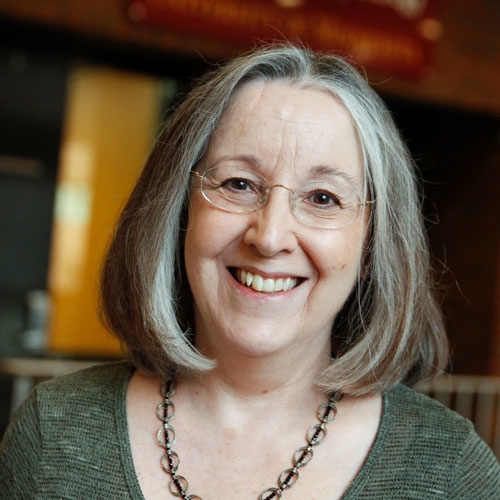
Marti Hope Gonzales
75 East River Parkway
Minneapolis,
MN
55455
As a researcher and teacher, I have always worn two hats. On the one hand, the cornerstone of any potentially applicable science rests on the efforts of basic scientists, who test theoretically derived hypotheses. On the other hand, it's essential to keep a window to the world outside our laboratories; it is only in the helter-skelter world outside that we learn of the limitations of the effects that we find in our laboratories, and of the potential applications of our basic science for conceiving of social problems and working to ameliorate them.
For example, my early basic research on interpersonal conflict and the ways by which offenders use language to extricate themselves from the negative identity implications of their bad behavior led to subsequent experimental and nonexperimental research on the ways that politicians exploit language when confronted with real or alleged personal or professional misconduct, and on the consequences of their efforts to engage in the sociolinguistics of damage control.
To cite another example, our past work on the phenomenology of forgiveness has revealed that forgiveness is a complex, multidimensional phenomenon that involves affective, cognitive, and behavioral changes, and our findings are germane to basic research questions about the relation between cognition and affect, and about psychological changes that unfold over time. As important, our enhanced understanding of the phenomenon of forgiveness in the aftermath of harm-doing enables us to form collaborations with advocates of victim-offender mediation, a community based alternative to retributive justice.
Current longitudinal experimental research on conflict mediation enables us to identify what characteristics of mediation sessions lead to positive outcomes“”including forgiveness, health benefits, and the restoration of fractured relationships“”between two people experiencing what can sometimes feel like an intractable conflict. What psychological and behavioral changes are associated with participants' satisfaction with conflict mediation, and what aspects of the complex dynamics of the mediation session are associated with what kinds of affective, cognitive, and behavioral benefits to victims of others' wrongdoing?
Kurt Lewin, in many respects the father of contemporary social psychology, once asserted that "a science that produces nothing but books will not suffice." Whether addressing the psychological underpinnings of successful energy conservation programs, patient education programs, political socialization in the public schools, or conflict mediation and forgiveness, I have worked to combine the best that both basic and applied research has to offer researchers who want to give psychology away to those who would benefit most from our generosity and expertise.
Educational Background
- Ph.D.: , University of California, 1987 - none
Specialties
- accountability
- applied social psychology
- impression management and self-presentation
- morality and political communication